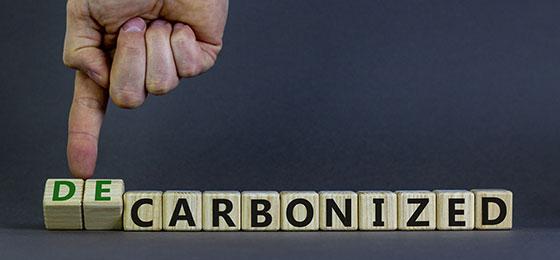Completed research project: Decarbonisation of the transport sector
19.07.2021
40% of CO2 emissions in Switzerland are produced by the transport sector. Passenger transport not including air travel is responsible for 75% thereof. In order to achieve climate-neutrality by 2050, the question is how Switzerland can decarbonise its passenger transport under the most favorable economic conditions.
As part of the research project led by Markus Maibach from INFRAS, the emission reduction potential and economic impact of three decarbonisation approaches were analysed. These included:
- Technology approach: Increase e-mobility & fuel/engine efficiency with a focus on subsidizing BEV (battery electric vehicle) infrastructure and, tax on fossil fuels.
- Capacity utilization approach: Increase car occupancy with a focus on parking for pooled vehicles, mobility pricing.
- Modal shift approach: Shift traffic to less carbon-intensive modes with a focus on subsidies for rail, tax on fossil fuels.
The research results showed that none of the three approaches alone is sufficient to decarbonise passenger transport. A combination of the three decarbonisation approaches is needed. In addition, market-based instruments as a rising price for CO2-emissions or increased subsidies for public transport and a doubling of its volume and further nudges were shown to be effective. However, decarbonization happens to slowly. In order to reach the climate goals in 2050, from 2032, a ban on fossil fuel vehicles must be considered as an additional measure in the policy mix.
Peer-reviewed publications of the research project:
Angst, V., Colesanti Senni, Ch., Maibach, M., Peter, M., Reidt, N.; von Nieuwkoop, R. (2021), “Economic impacts of decarbonizing the Swiss passenger transport sector”, ETHZürich
https://doi.org/10.3929/ethz-b-000487236
